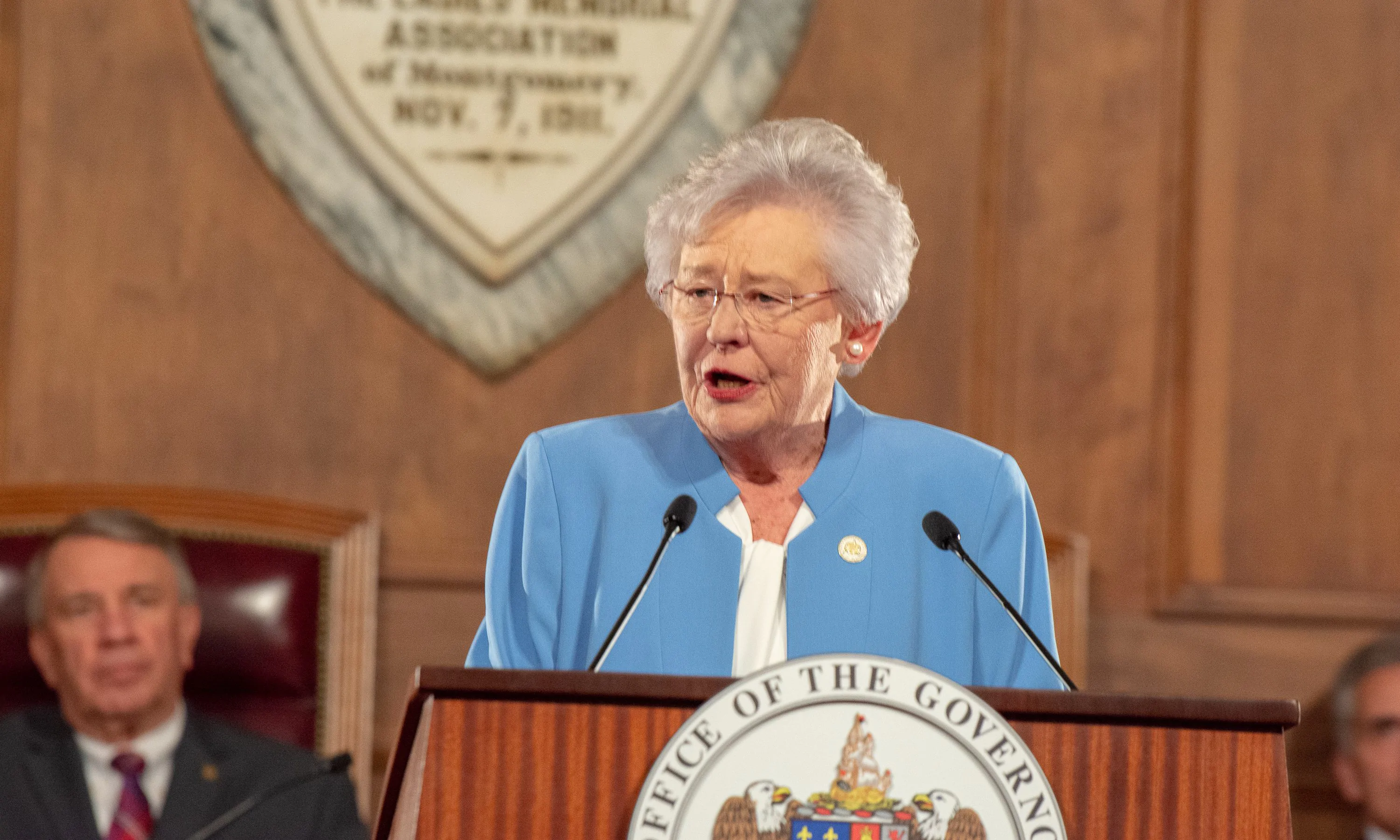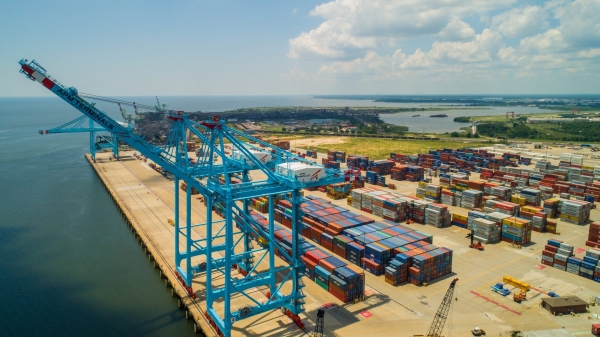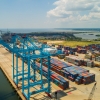Thursday, the state House Transportation Utilities, and Infrastructure Committee gave a favorable report to a three-bill infrastructure and fuel tax increase package introduced by state Representative Bill Poole. R-Tuscaloosa.
Poole told the committee that the passage of the legislation to increase fuel taxes was “critical moment in the history of the state in my judgment.”
“We cannot not be successful in addressing our infrastructure,” he said.
The legislation was requested by Republican Alabama Governor Kay Ivey in her state of the state address Tuesday night to address Alabama’s infrastructure needs, not just roads and bridges, but also to dredge the Port of Mobile to increase the width and depth of the shipping channel.
Ivey called a special legislative session following her speech to address the infrastructure issue.
The tax increase proposal, HB2, would raise the fuel taxes by six cents per gallon this year, two more cents in 2020, and another two cents per gallon in 2022.
After that, there would be automatic increases without a vote of the Legislature indexed to the rising costs of road construction.
Those automatic increases, or even potentially decreases in a deflationary environment, would be capped at a maximum of one cent every two years.
The bill also imposes fees on the owners of plug-in electric vehicles as well as on hybrid vehicles that use both gas and electric motors. The annual fees were imposed so that “They pay their fair share” and to fund an effort to build charging stations across the state.
There was a public hearing on the tax increase for infrastructure bill before the committee though most of the speakers were in favor of the legislation.
Poole said that the state needs to add capacity in urban areas and put roads into rural areas for economic development.
“We have 16,000 bridges in Alabama. Half of them are over 50 years old,” Poole said. Poole said that more and more bridges could not be crossed by a school bus, fire engine, or log truck.
Sonny Brasfield with the Association of County Commissioners said, “Almost 61,000 miles of roads are maintained by Alabama’s county governments.”
“It has been since 1992 that the county commissions have gotten additional investment from the state. We are running a 2019 infrastructure on 1992 funding,” Brasfield said. I would like to thank Representative Poole for sponsoring this and for Governor Kay Ivey for being out front on this issue.”
Alvin Williams said, “I am speaking on behalf of the people of Chilton County. This tax increase will directly impact the people of Alabama especially in my county where many people drive long distances to get to work each day.”
Williams said he owns a small trucking company and this tax increase will hurt his business.
Jim Paige is the President and CEO of Chamber of Commerce of West Alabama and is the Chairman of the Alliance for Alabama Infrastructure. Paige said that 43 percent of the revenue would be paid by the trucking industry and 23 percent of the tax will be paid by out of state drivers.“
The Port of Mobile does not just help Mobile it helps every county in the state,” Paige said. “The more we delay, the more we pay.”
During the debate, former Governor Robert Bentley (R) released a statement on social media, “I just heard an Ad regarding the proposed gasoline tax hike the Legislature will soon vote on. The Ad stated that Alabama hadn’t addressed road funding since 1992. Though I’ve stayed out of many things coming out of Montgomery, this statement is simply False.”
“During our Administration, along with the Legislature we launched ATRIP in 2012, the largest road and bridge program in the state’s history,” Bentley said. “Since then, there have been over 1,000 road and bridges replaced, rebuilt and repaved with over $1.2 Billion in all 67 counties. We even launched RAMP to help rural counties who couldn’t afford to be a part of ATRIP. This was done after we cut state government and saved the taxpayers over $1 Billion annually. Not one penny of taxes was raised to do that. So there are other options for fixing our roads.”
David Cole with BCA praised the bill and said, “The business council of Alabama is 110 percent behind this legislation. It will encourage businesses to flourish in Alabama.”
The Alabama House of Representatives is meeting today at 10:30 a.m. to consider this infrastructure package. If the House passes the bills, they will be carried by Senator Clyde Chambliss, R-Prattville, in the Senate.
Sen. Chambliss is the sponsor of SB2 which will increase legislative oversight over the Alabama Department of Transportation. SB2 received a favorable report on Thursday by the Senate Transportation and Energy Committee.
The Senate will meet today to consider that legislation, as well as bills banning the use of golf carts on public roadways in the state except for Baldwin County and requiring the registration of off-road vehicles and all-terrain vehicles.
Speaker of the House Mac McCutcheon, R-Monrovia, is a strong proponent of Poole’s infrastructure legislation. McCutcheon is optimistic that HB1, HB2, and HB3 will pass, but expects that there will be a long debate on the House floor today.




















































